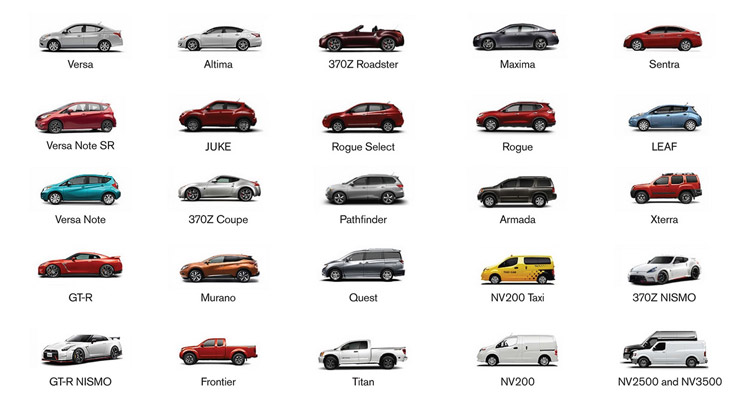Nissan Group has been officially acknowledged as the most fuel efficient full-line automaker by the Environmental Protection Agency (EPA), with a fleet-wide fuel economy rating of 26.2 combined mpg.
The Japanese automaker had the largest year-over-year improvement among any automotive manufacturer, according to the 2014 Environmental Protection Agency (EPA) “Trends” Report. Lightweight engineering strategy, improved aerodynamics and efficient transmissions are quoted as the main factors driving fuel economy improvements.
Nissan’s 26.2 combined mpg (8.97 l/100 km) rating, based on 2013 model-year Nissan and Infiniti vehicles, marks a 2.1 combined mpg (8.7 percent) improvement over 2012 model-year Nissan and Infiniti vehicles. The 26.2 combined mpg mark is 4.4 percent more efficient than the No. 2 spot and is above the full-line automaker industry average of 23.3 combined mpg by 12.4 percent.
As a full-line automobile manufacturer, a term which designates manufacturers offering vehicles for sale in every product segment, Nissan sells passenger cars, SUVs, CUVs, mid-size and full-size pickup trucks, compact and full-size vans, a taxi, vehicles with V8 engines, a 545-horsepower supercar, luxury hybrid vehicles, and a zero-emissions plug-in battery electric vehicle.
Nissan says the achievement is partly due to the introduction of three all-new fuel-efficient models for the 2013 model year – Altima, Pathfinder and Sentra. Each of these models brought a significant improvement in fuel efficiency compared to their predecessors.
While remarkable, the 26.2 combined mpg rating is quite far from the 2025 CAFE target of 54.5 mpg (4.3 l/100 km), and still far from the EPA sticker value of 40 mpg (5.9 l/100 km) that automakers will actually have to comply with thanks to credits for things like cleaner air conditioners in buildings, among other things.





